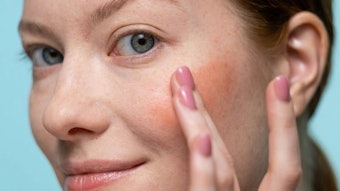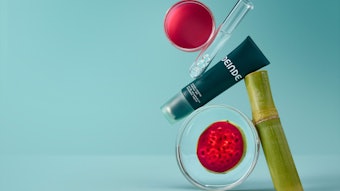
Featured insiders…
- Ashland
- DSM Personal Care
- Federal Package
- Grant Industries
- Hallstar Beauty
- Kalichem
- Sun Chemical
Global Cosmetic Industry recently spoke with industry insiders to uncover the latest sun care ingredient launches, as well as what’s trending in the consumer space.
Skinification
Brian Grady, senior marketing specialist, DSM Personal Care NA, says, “Skinification is an emerging trend in sun care as consumers become more aware of the importance of daily protection from UV damage. Sun care is the new skin care and consumers have adopted the use of skin care products that provide UV protection, as well as other benefits such as moisturization, skin firming and tightening. DSM’s research has also shown that the skinification of makeup with SPF has gained some traction in the [United States]. Tinted moisturizers with SPF have been very popular with consumers during the past year. Launches of these hybrid products have increased and brands are highlighting key benefits such as protection from UV damage and oxidative stress.”
Responsible Sourcing
Guglielmo Bifulco, scientific marketing and sales manager, Kalichem, says, “[The] sun care industry is paying increasing attention to the selection of ingredients compliant with a responsible sourcing process in full respect of the environmental ecosystem. The target of the industry is to drive consumers toward the use of substances that meet the requirements imposed by social, economic and environmental sustainability standards. The selection of cosmetics is no longer to be intended as a simple act of purchasing products, but as a ‘sharing ideals’ process.”
Bifulco continues, “Following this concept, the market is therefore looking for specialties sourced through circular economy processes, and more specifically technologies enabling the use of food industry by-products, otherwise wasted and potentially polluting given the necessary operations of disposal. Food waste is associated with greenhouse gas emissions of approximately 3.3 billion tons of carbon dioxide (CO2), equal to over 7% of total emissions (in 2016 equal to 51.9 billion tons of CO2); in such a context, cosmetics industry can give a relevant contribution through a responsible and ethical sourcing of the ingredients used in mass consumption products like sunscreen and after sun.”
For the full article, check out Global Cosmetic Industry's April 2022 digital magazine.











